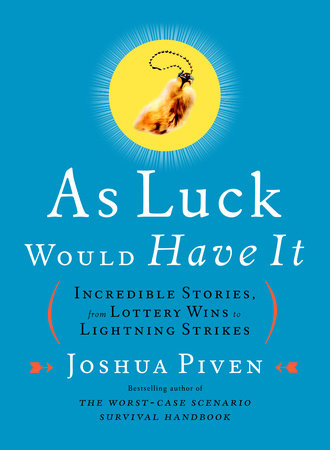

As Luck Would Have It
By Joshua Piven
By Joshua Piven
Category: Self-Improvement & Inspiration

-
Oct 07, 2003 | ISBN 9781588363145
Popular


Incredible Stories, from Lottery Wins to Lightning Strikes

Buy from Other Retailers:
Oct 07, 2003 | ISBN 9781588363145
Buy from Other Retailers:
I felt, intuitively, that luck exists. It’s like capitalism: For better or for
worse, and whether you believe in it or not, luck is inescapable. —from As Luck Would Have It
While cowriting the books in the Worst-Case Scenario Survival Handbook series, Joshua Piven came across dozens of people with tremendously compelling stories of triumph (or misfortune), seemingly against all odds and logic. When they were asked what they had in common, invariably their answer was: good luck, or not enough of it. The beneficiary of his own brand of extraordinary luck in publishing, Piven decided to take a closer look at how this phenomenon plays a part in success and survival.
As Luck Would Have It offers a fascinating survey of the phenomenon, presented through incredible first- person stories: the swimming pool repairman who had only a hundred-dollar bill to pay for his hot dog, asked for his change in lottery tickets, and won $180 million; the woman who survived a plane crash at sea; the teller who was struck by lightning while at his window inside the bank; the guy who invented the Pet Rock. Weaving the subjects’ own beliefs about their experiences with compelling research on chance, probability, and luck psychology, As Luck Would Have It also includes research on how to prepare for luck, how to deal with it when it arrives, and how to make the choices that will help us benefit from luck.
Mesmerizing, by turns hilarious and harrowing, As Luck Would Have It offers a series of scenarios that are at once unimaginable and vividly real.
A TALK WITH JOSH PIVEN
1) First off, why luck?
Well, it’s actually two reasons. First, I’ve been very, very lucky as an author. My first book (The Worst-Case Scenario Survival Handbook) was a global bestseller, and many of my subsequent books have hit The New York Times bestseller list–and while this isn’t exactly Harry Potter territory, it’s highly unusual for any author, much less one who is relatively new to book publishing. The WCS series has really been a “good luck” phenomenon, spawning a TV series, board games, cards, journals, and so on, which is also highly unusual. So, it’s been a really lucky ride. That’s one part.
Second, while doing research for my previous books I always heard from my sources about how they had “gotten lucky” in a particular survival situation (and, of course, had been unlucky as well). I found it odd that people who had trained to survive harrowing encounters often attributed their success to luck. Why didn’t they credit their skills, or preparation, or their vast mental file of knowledge?
So, I began doing some research on luck, only to find that there had never been a book about luck that actually used as its subjects people who had experienced incredible strokes of good or bad luck (or both). I wanted to write a book that would combine these amazing stories with my own original research on the mechanics of luck.
2) What does the field of science have to say about the phenomenon of luck?
Interestingly, there’s a limited amount of scientific research on luck. (This seems strange to me, since luck is a universal phenomenon.) But what studies there have been are really intriguing: that people actually perform better on an unrelated task after experiencing good luck, and that a vast majority of people consider themselves “lucky” rather than “unlucky.” Much of the scientific research I did was aimed at finding reasons why the subjects in the book acted in particular ways, or made particular decisions (which, it should be noted, were sometimes wrong.)
I actually went pretty far afield in my research: I read psychology and sociology journals, marketing studies, even statistical papers, all with the goal of finding how luck works, and how we can take advantage of it.
3) How do you feel about people who say that there is no such thing as luck and that people are responsible for their own successes and failures?
Well, I suppose it depends on the circumstances, and what your definition of luck is. But how can someone be responsible for winning the lottery? Or being hit by lightning when they are inside a building and it isn’t stormy outside?
That said, one of the things I found is that while we can’t make luck, we can make the most of it (or deal with it effectively, if it’s bad luck). There’s no question that there are people who put themselves in a position to get lucky: this is one of the main points I found in my research and writing. But does that mean they actually made their own luck? I don’t think it necessarily does.
(continued)
4) You delve into ten instances of good and bad luck in AS LUCK WOULD HAVE IT. Besides your own story, how did you choose your other stories?
One of the main goals I had was to examine luck from a very broad perspective. Yes, of course most people think of lottery wins and lightning strikes when it comes to luck, and these are two great stories in the book.
But I wanted to look at luck in a larger context: how it works in business, in survival situations, in plane crashes, in fads. These are areas where luck has always played important roles: why are some people spectacularly successful in business? Why do some people survive being lost in the wilderness while others die? Why do some little gag gifts become huge sellers? I felt readers would benefit most from a book with a varied series of compelling luck narratives that covered lots of different aspects of life.
Once I had a general idea of the areas I wanted to cover, I set out researching them, looking for people who had amazing stories to tell–and of course were still alive to tell them. What was incredible about the interviewing process was that the stories had even more elements of luck than I had anticipated–often not just the one “luck moment” but a series of incredible successes and failures, many highly dramatic.
5) I particularly enjoyed your chapter on one-hit wonders in the music business, but is that really luck or just having a catchy tune?
Yes, I love that one–maybe because I vividly remember living through the rise of MTV and the music in the early 80s. Some of it was so bad!
I guess my answer is a question: think about all the great songs you’ve heard that don’t become hits or all the bands that you really love that never have a hit record (or song, for that matter). How come they never make it? And how come some one-hit wonders are just really, really bad songs? Why do they succeed where others fail? I mean, “The Macarena”? Come on.
The music industry is a really tough business–perhaps even more so now because if you don’t have a hit immediately, you’re history. But against all the best intentions of the record companies, some groups still have a single hit song and then disappear. I wanted to understand why this happens, and how luck plays a part in this kind of sudden success. In the process I learned a lot about how the recording industry works–or, just as often, doesn’t work–and how hard it is to succeed in that business.
I was also really interested in the rise of MTV and how music videos contribute to the popularity of particular songs, so that’s another piece of it, too.
6) Al Kahn seems to have been lucky twice with both the Cabbage Patch Dolls and Pokemon. What do you attribute this to?
I’ve gotten to know Al personally since our interviews (that is, outside of the context of author and subject) and I have to say he is one of the most socially savvy people I have ever met. He just intuitively understands how to deal with people. After understanding this, I think the conclusions drawn in the book about business relationships are even more valid: luck in business often results from a keen appreciation and a broad understanding of relationships and a commitment to keeping them healthy. I’ve actually learned quite a bit about my own business relationships from his story.
He may have been lucky, but he’s also really, really smart. And hey, he gets to play with really cool toys for a living.
7) In several of the bad luck stories (the plane crash, being lost on the mountain, etc.), the subjects kept their heads about them and were able to survive events that easily could have killed them. What do you attribute this to?
Some of it may be personality traits, some of it may be previous experience, and some of it may simply be an innate understanding of how to act under pressure. Some people, by contrast, are prone to panic, there’s no question about that. But one of the cool things in the book is that people can learn how to react to setbacks in constructive ways–not just in survival situations but in "real life" as well.
And, for those anxiety-prone readers, take heart: the book even discusses ways that anxiety can actually be beneficial in some circumstances. Let’s hear it for the hypochondriacs out there!
8) You conclude AS LUCK WOULD HAVE IT with a discussion of luck management. In a nutshell, what is luck management?
Wow, you want me to give away all the secrets, eh? OK, briefly. Pure luck events cannot be made, since by definition they are random and unpredictable (or their causes are hidden). But they can be made to work for us (and, unfortunately, against us, too) based on the choices we make and the actions we take. These choices and actions make up the technique of luck management.
Since we cannot control luck, we need ways to deal with its effects, and luck management is a strategy for doing this. Without giving away too much, luck management is a series of steps that make it much more likely that we will benefit from good luck–or reduce the negative effects of bad luck. Things like understanding how our ties to other people and groups operate, how to harness anxiety, how our emotions help us prepare for events, how optimism and faith work, and even how we can "generate" good luck through a broad base of knowledge about our chosen fields of work/study.
9) Do you believe in luck?
Of course! I wrote the book on it . . .

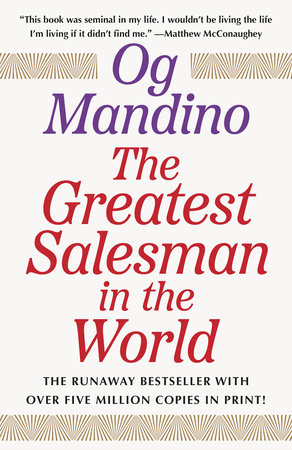



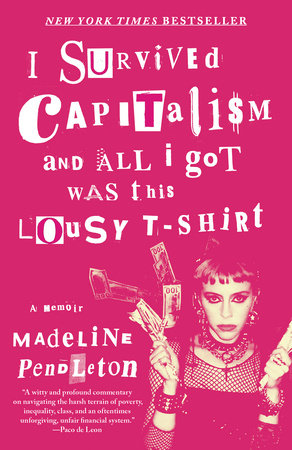

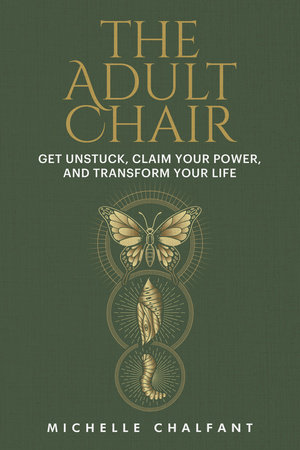

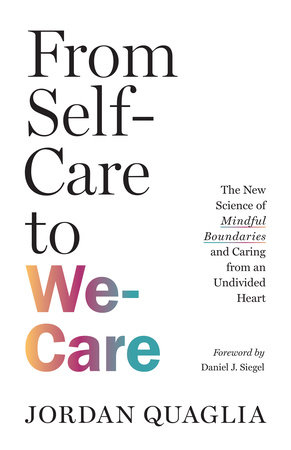

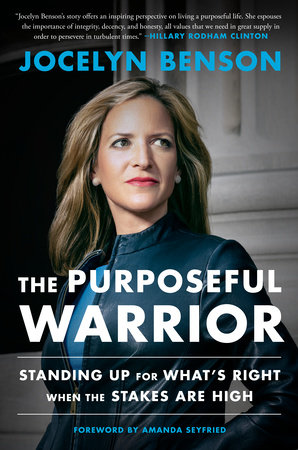

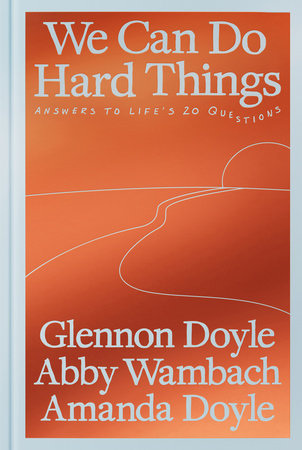



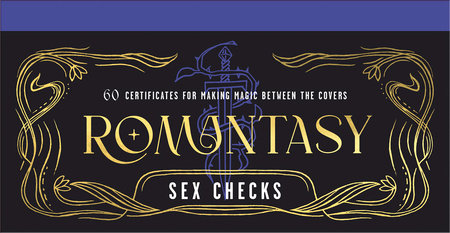

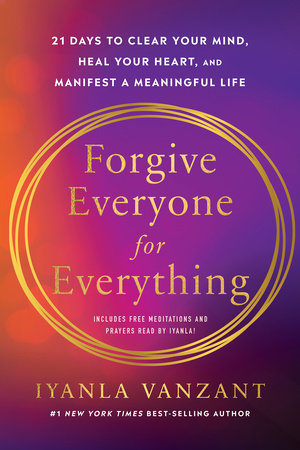
Visit other sites in the Penguin Random House Network
We, our affiliates, and our providers use cookies and similar technologies to understand how you use our site, optimize its functionality, to create more valuable experiences for you, to keep our site secure and functional, and deliver advertising and other content tailored to your interests. Read MoreBy clicking on I agree below, you consent to our use of cookies and similar technologies, as described in our Privacy Policy (see section "Other Information Collected Using Technology"). Please note that by declining cookies other than those essential to your use of our site, you may not be able to experience the site's full services and features.
We, our affiliates, and providers working on our behalf use cookies to analyze our websites, provide social sharing features, deliver content, and communicate with you to provide support. We also use cookies to deliver personalized ads and disclose information about your use of our site with our advertising providers for this purpose. View our Privacy Policy to learn more and manage your privacy choices.